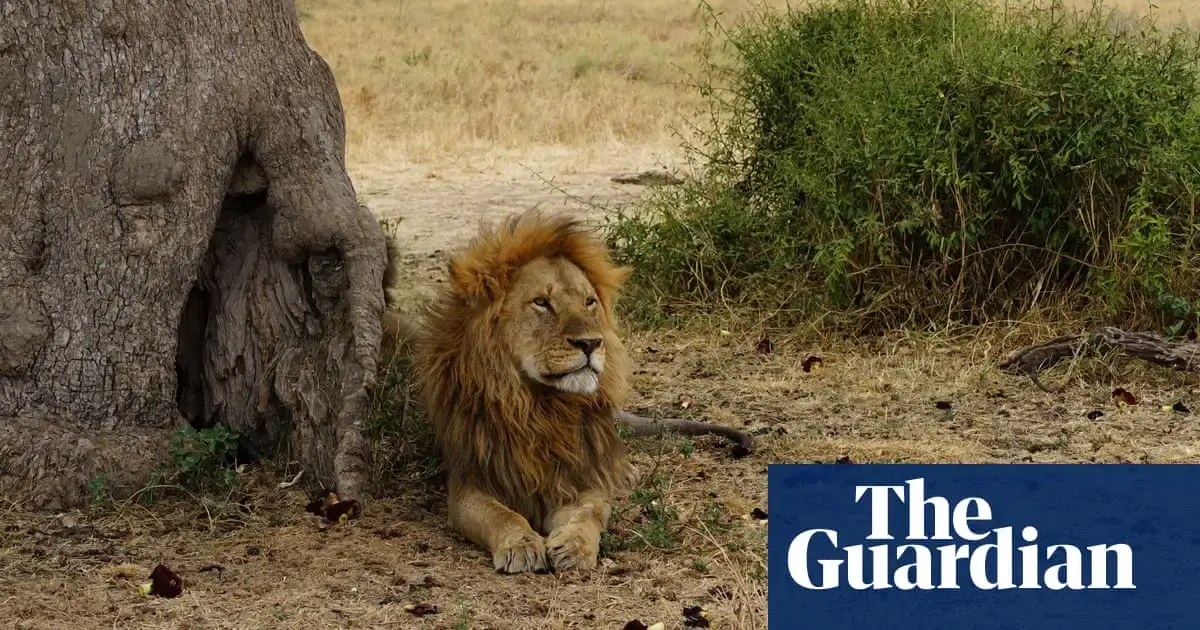For those that want the Full chain:
The past: Acacia ants protected acacia trees by biting elephants that threatened the tree, living in a symbiosis where the tree feeds them for their guardianship. Lions use acacia trees as perches to hunt and cover to hide in.
Now: Bull headed ants have done significant damage to native ant populations, leaving the trees unprotected. Elephants strip the bark and damage the trees, now they are no longer suitable for perches or hiding. Bull headed ants being invasive do not form the same relationship with acacia trees as acacia ants do.
The result is harder hunting and shrinking hunting grounds for lions, an already stressed species.
Certainly highlights the fact that all nature is interconnected. We interfere at our peril.
🤖 I’m a bot that provides automatic summaries for articles:
Click here to see the summary
Scientists have found the spread of big-headed ants in east Africa sets off a situation leading to lions making fewer zebra kills.
Prof Todd Palmer of the University of Florida, a co-author of the research, said the findings were a surprise.
The fewer kills appear to be due to the upending of a crucial relationship – between native ants and the trees in which they live, causing a loss of cover for lions.
Acacia ants protect whistling-thorn trees by biting and stinging elephants looking for a snack.
To unpick the wider ecological impacts Palmer and colleagues first studied a number of plots in Laikipia, Kenya, some where elephants were present, some where they were excluded.
The team found that when big-headed ants and elephants were present there was a drop in tree cover and a dramatic increase in visibility.
Saved 72% of original text.



